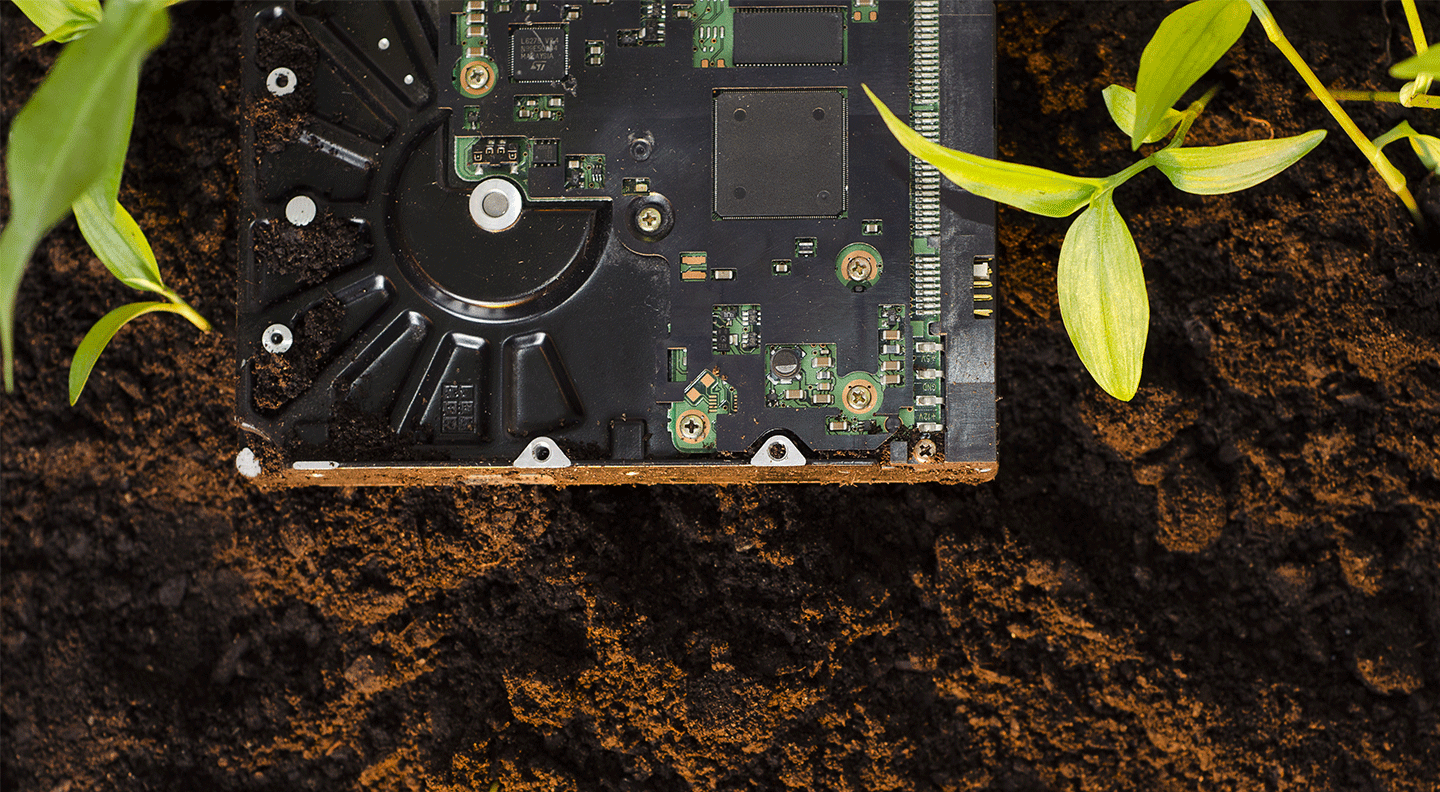Electronics and gadgets become more and more seamlessly woven into the fabric of our lives every day. As the internet of things continues to simplify modern day life, recyclers are kept busy adapting to new material compositions, shrinking product sizes and increasing volumes of e-waste. As a part of a dynamic industry, e-waste recyclers are forced to stay innovative to keep up with this technological evolution.
At the recent International Electronics Recycling Congress (IERC) 2018 event in Salzburg, Austria approximately 480 industry representatives from 42 countries met to discuss the latest recycling technologies, regulations, manufacturing processes and value of raw materials.
Steve Skurnac, chief development officer of Sims Metal Management, participated in a panel discussion that focused on one of the central questions that dominated conversations at this year’s conference; “Who will benefit most from the increasing volumes of electrical and electronic scrap worldwide in the future?” Mr. Skurnac’s response is summarized below in three main parts.
Localized recycling:
Smaller format items such as wearables, and changing material compositions, along with increased collection costs are going to drive e-waste recycling to be more local.
Market development:
Regions without any current recycling infrastructure, will need to develop these markets to implement regulations and collection mechanisms.
Manual processing:
The same systems that previously processed larger electronic devices are no longer effective with smaller format items, suggesting the need for manual operations.
According to Skurnac, those who will make it in the future will be companies that “partner effectively with the entire circular supply chain to optimize collections, efficiently process material and find sustainable homes for the recovered commodities.”
Also discussed was the need for innovative recycling technologies, strategies for original equipment manufacturer (OEM) and producers, and the opportunities and risks tied to increasing volumes of electronic waste. See the full press release regarding Steve Skurnac’s roundtable discussion – Click here.
